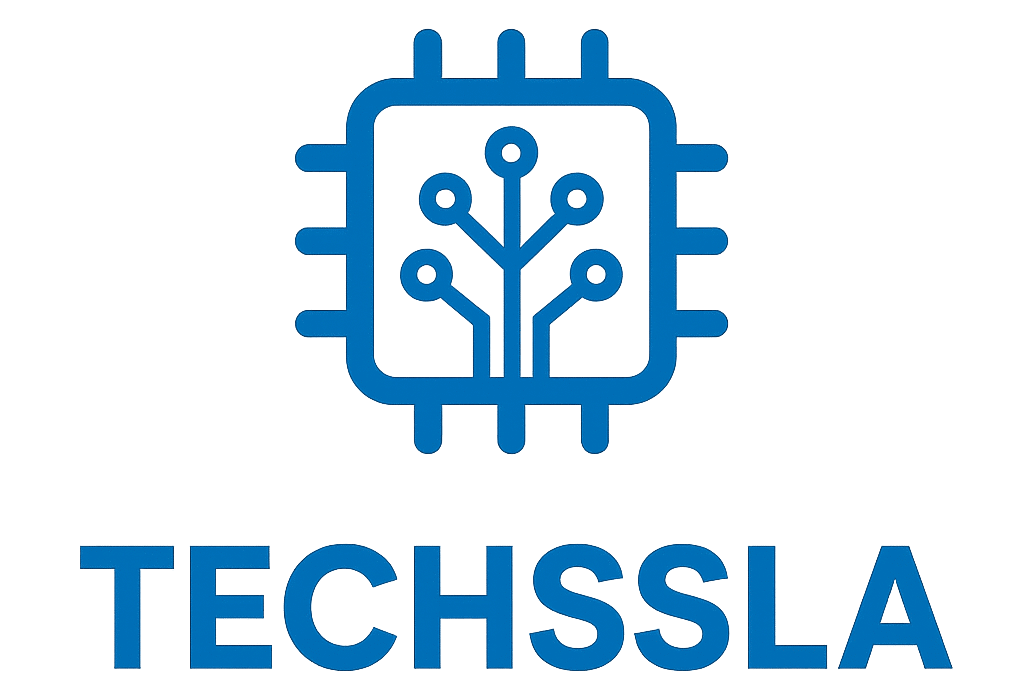Artificial Intelligence has started a new era in how people handle money. From AI in personal finance to advanced business accounting, this technology is changing financial decision-making across the USA. The combination of Artificial intelligence tools for money management and human knowledge allows for faster, smarter, and more accurate financial decisions. Whether it is AI-powered budgeting tools, digital financial assistants, or AI in wealth management, the benefits are visible for both individuals and businesses.
Introduction — The Rise of AI in Financial Decision-Making
Managing money wisely has always been a challenge, and many people struggle to track expenses or save consistently. With technology evolving fast, most agree that AI in personal finance AI tools is the smartest way to make budgeting easier and more accurate. In this guide, you’ll discover how Artificial intelligence tools for money management and AI-powered budgeting tools are transforming financial habits for everyone.
We’ll also explore practical methods for AI-driven financial planning and smart money management that help you control spending, increase savings, and make confident money decisions. By the end, you’ll know exactly AI in finance how to use AI to manage personal finances effectively and responsibly.
Understanding the Role of AI in Money Management

The main goal of Artificial intelligence tools for money management is to make financial handling faster and more precise. AI studies spending habits, compares income, and gives AI-based financial insights that guide users toward smarter decisions. This approach forms the foundation of AI-driven financial planning.
In businesses, AI tools that simplify financial tasks like payroll management, data entry, and financial data analysis tools have replaced manual work. These tools can handle thousands of transactions within seconds, allowing companies to focus on long-term smart money management rather than repetitive calculations.
Do: Learn the Basics of Financial Literacy Before Using AI Tools
Before using AI in personal finance, it is important to understand basic financial terms and concepts. Financial literacy and AI go hand in hand, as knowing how interest, savings, and investments work helps users use technology correctly. Many people have improved their financial education using AI, especially through Chatbots for financial advice that answer common questions in simple language.
Tools like ChatGPT are also useful. Learning How to use ChatGPT for financial education can help people understand money-related ideas and apply them in real life. As one financial expert says, “AI can teach you the logic, but you must decide your goals.” This balance ensures Using AI responsibly for money decisions.
Don’t: Rely on AI for Direct Investment Advice
Many people ask, Should you trust AI for investment advice? The answer is no. While AI-generated financial advice can be informative, it should not replace expert consultation. AI does not consider personal emotions, risk tolerance, or life goals, which are important parts of investing.
Tools known as Robo-advisors for investing offer automated portfolios, but users must understand the Robo-advisor definition and its limits. Experts warn that AI and investment risks still exist, especially when data is incomplete or biased. Relying fully on machines for investment decisions can lead to poor results, making AI vs human financial advisors an ongoing debate.
How AI Simplifies Budgeting and Expense Tracking
AI has changed How AI helps with budgeting by automating expense categorization, tracking, and forecasting. Through Budgeting with AI apps, users can control their spending patterns and receive timely alerts. Applications like AI budgeting apps like Cleo and others provide real-time updates on income and expenses.
These systems are examples of AI-powered budgeting tools that improve AI helping with cash flow management. Users can see where money goes and how to save better. Some platforms even integrate AI automation in expense tracking, turning complex financial data into clear visual reports.
Enhancing Business Finances with AI Tools
Small and large businesses in the USA now depend heavily on AI tools for debt management and other smart solutions. With AI-driven financial planning, business owners can forecast revenues, detect fraud, and manage payroll more efficiently.
Companies also use AI tools that simplify financial tasks like invoice processing and audit management. A recent case study showed that businesses using digital financial assistants reduced financial reporting errors by 35%. This clearly displays the Benefits of AI in managing finances for both short and long-term growth.
AI in Wealth and Asset Management
The use of AI in wealth management is growing across the U.S. financial sector. Wealth managers rely on machine learning in finance to assess risk and build customized portfolios. The technology offers Personalized financial recommendations using AI by analyzing client data such as age, goals, and income.
A major advantage of this approach is consistency. Financial planning with AI gives continuous updates and portfolio insights without human bias. For investors who prefer technology-based guidance, AI provides reliable AI-based financial insights for steady growth and better returns.
Benefits of Using AI for Financial Forecasting and Predictability
One of the strongest advantages of AI role in modern finance is its ability to predict market trends and future risks. By processing huge volumes of financial data, AI models identify spending behavior and potential investment opportunities.
A table below shows how AI-based financial insights improve forecasting accuracy compared to traditional methods.
| Forecasting Method | Accuracy Rate | Time Required | Example Tools |
| Human Analysis | 70% | Several days | Manual reports |
| AI Forecasting | 92% | Few minutes | Financial data analysis tools |
This accuracy supports both personal and business growth, showing clear Benefits of AI in managing finances and Financial automation in action.
Limitations and Risks of AI in Financial Management
Even though AI offers many benefits, there are also challenges. Data privacy, algorithm bias, and system errors are common AI and investment risks. Many users face problems with AI limitations in financial personalization, where the system fails to understand personal goals.
It is also essential to understand the Limitations of AI in personal finance because technology cannot replace human judgment. As experts remind, AI ethics in financial guidance should always be a top priority to prevent misuse or inaccurate advice.
The Future of AI in Personal and Business Finance
The next few years will see even deeper Financial automation through AI tools for personal finance management. The combination of machine learning in finance and blockchain is expected to create secure, transparent systems. AI role in modern finance will expand to predictive analytics, fraud prevention, and real-time credit assessments.
In the USA, many firms are testing AI-driven financial planning for taxes and investments. As this technology continues to evolve, AI tools that simplify financial tasks will help individuals and organizations achieve smart money management more efficiently.
Conclusion — Smart Finance with Smarter AI
In conclusion, How AI helps with budgeting, planning, and investing is clear. From AI-powered budgeting tools to AI in wealth management, artificial intelligence is transforming how people handle money. However, users must remember the value of Financial literacy and AI together.
By combining human judgment with AI-based financial insights, people can practice Using AI responsibly for money decisions. The future of finance will not be about replacing humans but empowering them through AI ethics in financial guidance, creating a balance between technology and personal understanding.
Final Thought:
AI is not just a trend; it is the foundation of future financial systems. When used wisely, it leads to smart money management, better forecasting, and responsible growth for both individuals and businesses.
FAQ
1. Can I use AI to manage my finances?
Yes, you can use AI in personal finance through tools that track spending, create budgets, and give insights to improve money decisions.
2. Which AI is best for budgeting?
Apps like Cleo, YNAB, and Mint use AI-powered budgeting tools to help you plan, save, and control expenses easily.
3. What is the best AI tool for finance?
QuickBooks, Empower, and Monarch Money are among the top Artificial intelligence tools for money management today.
4. How to use AI as a financial controller?
You can use AI-driven financial planning software to automate expense tracking, forecasts, and real-time financial reporting.
5. Is there an AI financial planner?
Yes, robo-advisors for investing like Betterment and Wealthfront act as digital AI financial planners offering tailored advice.
6. How do I use AI to generate money?
You can use AI-based financial insights to find smart investments, automate savings, or launch AI-powered side businesses for extra income.



